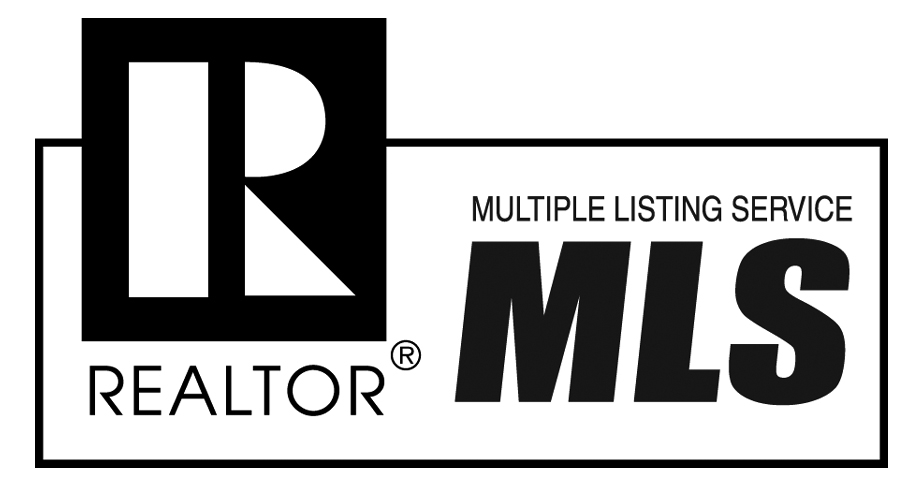Oahu Short Sales & Foreclosures
As you are looking at Oahu homes for sale, you may see notations on the MLS or in advertising regarding various property types. As Oahu real estate is doing pretty well, overall, you may see very few of these types of Oahu real estate listings, short sales, in particular. Prices for Oahu homes for sale are generally healthy and rising.
Hawaii has one of the lowest foreclosure rates in the nation, but recently, one of the highest rates of increase in foreclosures. However, as Hawaii has had a moratorium on non-judicial foreclosures, foreclosed properties on Oahu are now trickling out into the Oahu real estate market at a fairly modest rate.
So I will clarify here the four different property types that come up at times, amidst the regular Oahu homes for sale:
(1) Short Sales; (2) Distressed Properties; (3) Foreclosures; and (4) REOs
SHORT SALES ON OAHU
As of 2018, these are very uncommon. A short sale is the sale of a home where the sale price agreed upon between the Buyer and Seller (and any involved lenders) of a home is less than the total costs of the sale. For example, where an Oahu home is sold for $750K and $780K is owed between a first and second mortgage, plus other costs of sale like closing costs, other liens, realtor commissions, etc., AND the seller does not come up with the extra cash toward the price and costs, you have a short sale. An Oahu home subject to short sale may or may not be distressed or in foreclosure at the time of the sale. The owners of a short sale property may, in many cases, be current on all the payments. The main determining factor on a short sale is sale price, because either the market price has decreased since they bought the home, or the owner has taken out one or more mortgages or lines of credit on the property and the market value has decreased since that time. All short sales must be approved by the mortgage holders, investors and often other parties because typically, they will be getting paid less than they are owed.
Buyers making offers on Oahu short sales should beware that it may take several weeks to months to get an answer from the lender as to whether their offer is acceptable. And the lenders may not be very flexible as to terms. Many lenders also will not negotiate much back and forth, so if the lender rejects an offer, the buyers have to either try again or move on. Not all lenders have similar procedures or requirements for short sales. In fact, they are all over the board on these. Short sales on Oahu tend to affect those that bought or refinanced in 2005, 2006 or early 2007, when prices were higher, especially if they used a VA, FHA or other low down payment loan.
Sellers of Oahu short sale properties will generally take a hit on their credit scores, as a result of the short sale, particularly when they have payments in arrears (I have read, approximately 80-100 points or so). However, the effect is less extreme than a foreclosure, which apparently costs the homeowner 200-300 points on his or her credit score. It is our understanding that short sales will remain on a seller’s credit report for approximately 3 years and may hurt their ability to purchase another home for 18 months or more.
To help preserve a seller’s credit, it is important to try to negotiate with the bank that any shortfall between the amount owed by the seller and the purchase price be forgiven (if the seller is unable to pay), and that the notation on the seller’s credit as to the loan balance indicate “paid as agreed upon.” It used to be that any shortfall forgiven to the seller of property by the lender would be considered taxable income to the seller (via 1099). The Mortgage Debt Relief Act of 2007 changed this and now many homeowners with debt forgiven through a short sale or a loan modification will not be taxed on these amounts. Certain conditions, such as having the property as your principal residence, do apply.
If the MDRA does not apply to you, there may be other provisions under which your forgiven debt may not be considered taxable income - for example, if you are deemed “insolvent.” Please check with your tax experts to see how this may affect you. Not all shortfalls will be forgiven by the bank, however, particularly when the seller has considerable other assets or earning potential enabling them to repay the bank using a payment plan.
DISTRESSED PROPERTIES ON OAHU
These are not very common, but more common than short sales. Under Hawaii law, this is a property where the owner is behind 90 days or more on the mortgage payment or AOAO (HOA) payments. For Oahu real estate transactions, a special Distressed Property Addendum should be used with the Purchase Contract when a property is or becomes a Distressed Property. It is important to note that not all Oahu short sales are distressed properties and not all Oahu distressed properties are short sales.
FORECLOSURES ON OAHU
These are not very common, but also are more common than short sales. “Foreclosures” is a term often used to describe Oahu homes for sale which are either pre-foreclosure (aka Distressed Properties) or post-foreclosure (REOs) properties.
REO PROPERTIES ON OAHU
This is the most common form of non-traditional sale that you will see on Oahu, as these may have foreclosed after a long period of delinquency or the Bank may have been holding the property. REO means “Real Estate Owned” and describes Oahu real estate is held by or that goes back to the mortgage company or institutional investor as a result of an unsuccessful auction, after a foreclosure.




